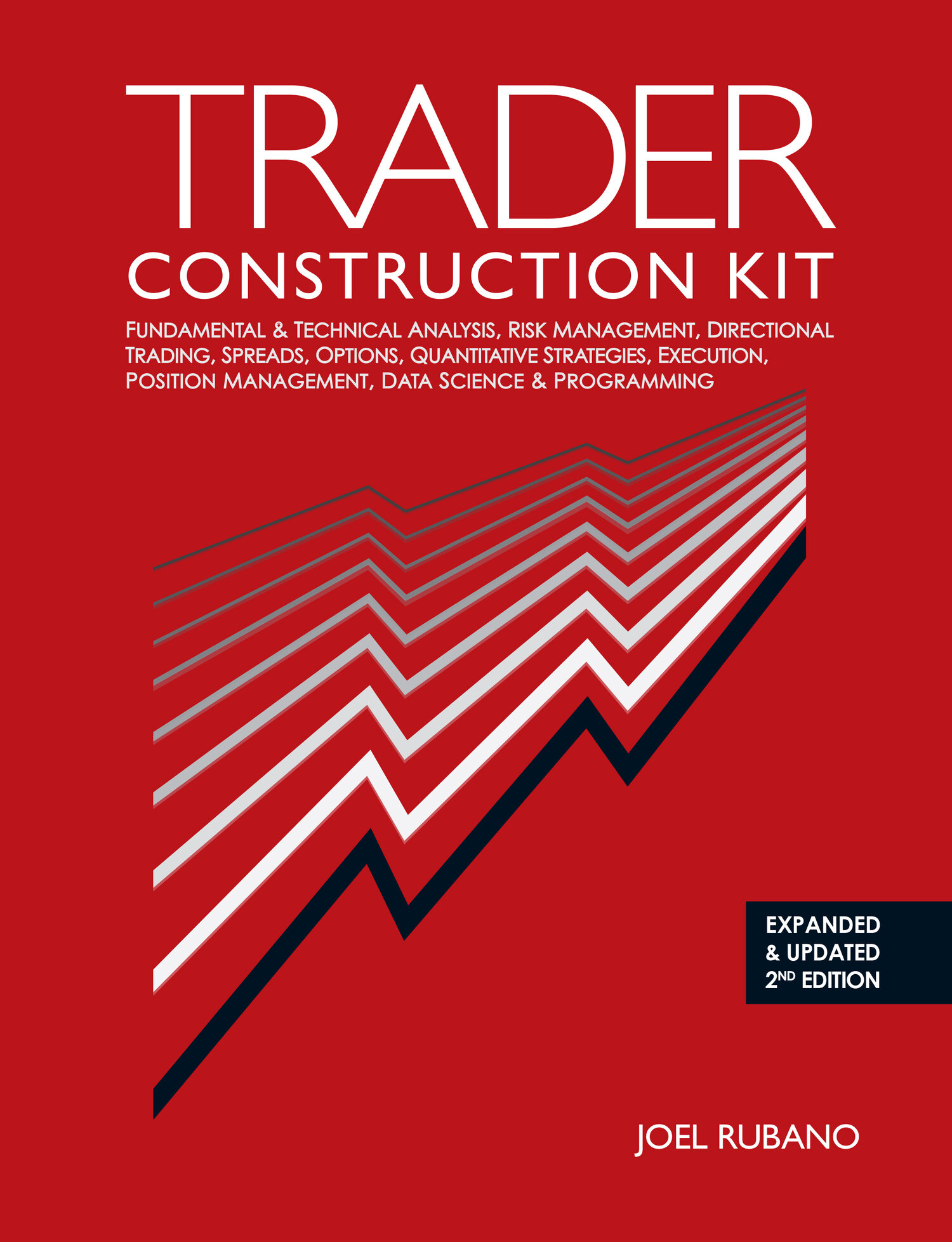As with market characteristics, risk-reward ratios change as a trade evolves. What the ratio was when the trade was put on may bear no resemblance to what it is in the current moment. The risk/reward ratio can be impacted by positive or negative changes to the fundamental facts, the technical analysis, or shifts in the probabilities of favorable/unfavorable outcomes.
The risk-reward can also shift with the movement of price over time. Consider a position entered into at $100.00 with an initial $5.00 of downside and $35.00 of upside for a very favorable 7:1 risk-reward ratio. The market moves in the trader’s favor and earns $10.00 from the entry point. The trader is now risking $15.00 ($5.00 initial possible loss + $10.00 unbooked profits) to hopefully make another $25.00, if everything goes as planned. The downside is that the risk-reward ratio has eroded significantly, from 7:1 to 5:3. As a position nears the profit target, the ratio can become skewed toward risking (much) more than could possibly be incrementally gained. In this case, when the price reaches $130.00 the trader is risking a total of $35.00 ($5.00 initial possible loss + $30.00 unbooked profits) for only an additional $5.00 gain, for a thoroughly terrible 1:7 risk-reward ratio. Paradoxically, great trades with favorable risk-reward characteristics that perform perfectly will have, at the end of their life, evolved into bad trades that should be taken off immediately. [60]
Figure 14.1 The risk-reward ratio of a trade will evolve during the holding period.
[60] The trader can (and should) use a rolling stop-loss to control degradation of the risk-reward ratio and protect profits.
From Chapter 14 - Managing Positions & Portfolios, Pages 535-536.
To read more, click here. To purchase Trader Construction Kit, click here. To see future updates about new Excerpts, follow @TCK_JRubano on Twitter.
Excerpt from Trader Construction Kit Copyright © 2016 Joel Rubano. All rights reserved. No part may be reproduced in any form or by any electronic or mechanical means, including information storage and retrieval systems, without permission in writing from the publisher, except by reviewers, who may quote brief passages in a review.

